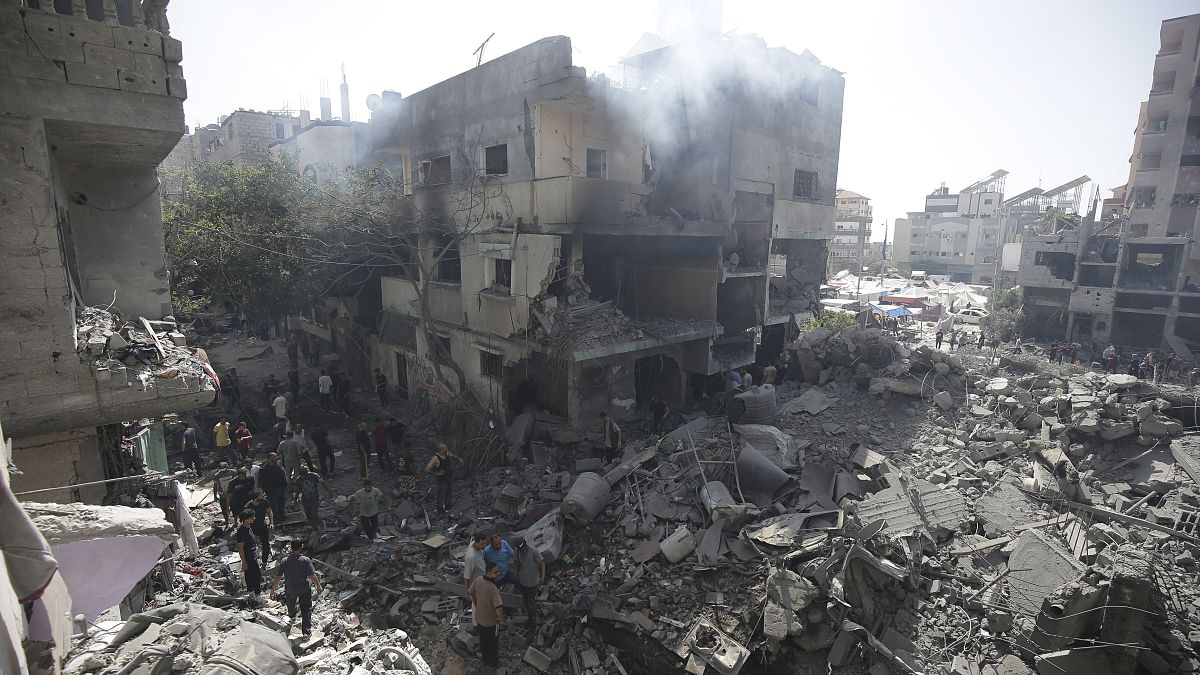Ceasefire talks between Israel and Hamas have come to a standstill once again as a globally supported US-backed proposal has not been fully embraced by either party. The UN’s food agency has raised concerns about a “water and sanitation catastrophe” in southern Gaza amid the ongoing conflict. The Deputy Executive Director of the World Food Programme, Carl Skau, highlighted the dire situation in the south where hundreds of thousands of Palestinians have been displaced from the city of Rafah. He mentioned that people are living in unsanitary conditions with limited access to basic necessities such as food and medicine. Trucks carrying WFP aid are facing delays at border crossings, further exacerbating the humanitarian crisis in Gaza.
UNICEF also reported difficulties in delivering aid to northern Gaza, with convoys being denied entry despite having all the necessary documentation. The restrictions on the flow of essential supplies have resulted in widespread hunger among Palestinians in Gaza. UN agencies have warned that over one million people in Gaza could face severe starvation by mid-July if the situation does not improve. The ongoing military operations and lack of safe access routes pose significant challenges to providing aid to those in need. The stalled ceasefire talks between Israel and Hamas have added to the uncertainty surrounding the situation, with Washington expressing doubts about reaching an agreement in the near future.
Amid the escalating conflict, US President Joe Biden expressed optimism at the G7 summit in Italy, where global conflicts are being discussed. He acknowledged the challenges faced in the ceasefire negotiations but stated that he had not lost hope for a peaceful resolution. While Israel’s bombing continues in the Gaza strip, Hamas has proposed modifications to the US-backed peace proposal in an effort to secure a lasting ceasefire and the withdrawal of Israeli troops from Gaza. However, Hamas remains sceptical of Israel’s commitment to implementing these provisions, further complicating the peace talks.
The toll of the conflict in Gaza has been devastating, with more than 37,260 people killed since Israel’s war against Hamas began last October. The high number of casualties includes both combatants and civilians, highlighting the indiscriminate nature of the violence. The situation in Gaza remains dire, with limited access to essential services and widespread displacement among the population. The international community has called for immediate action to address the humanitarian crisis and bring an end to the violence. As the ceasefire talks continue to face obstacles, it is crucial for all parties involved to prioritize the well-being of civilians in Gaza and work towards a sustainable peace agreement.











